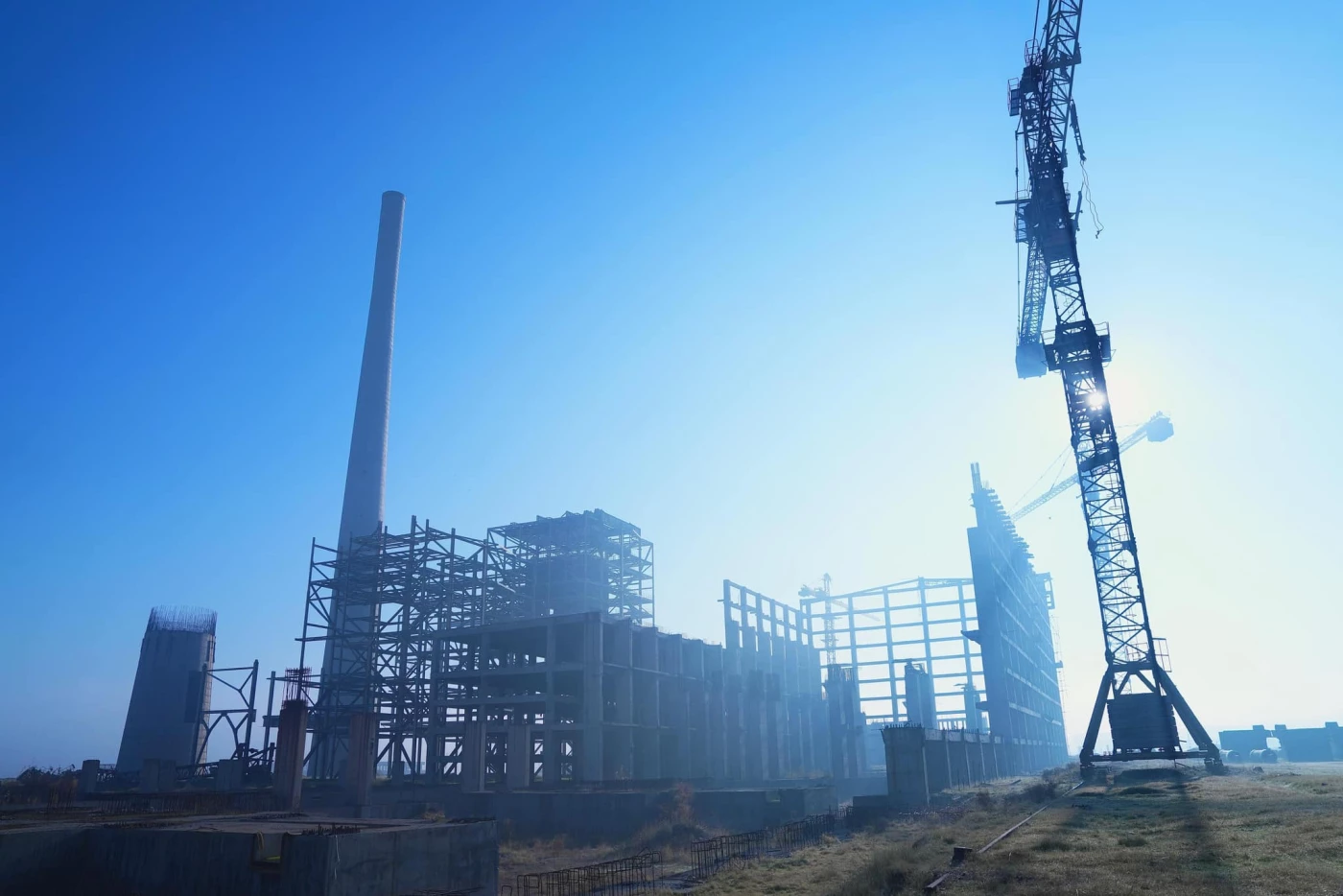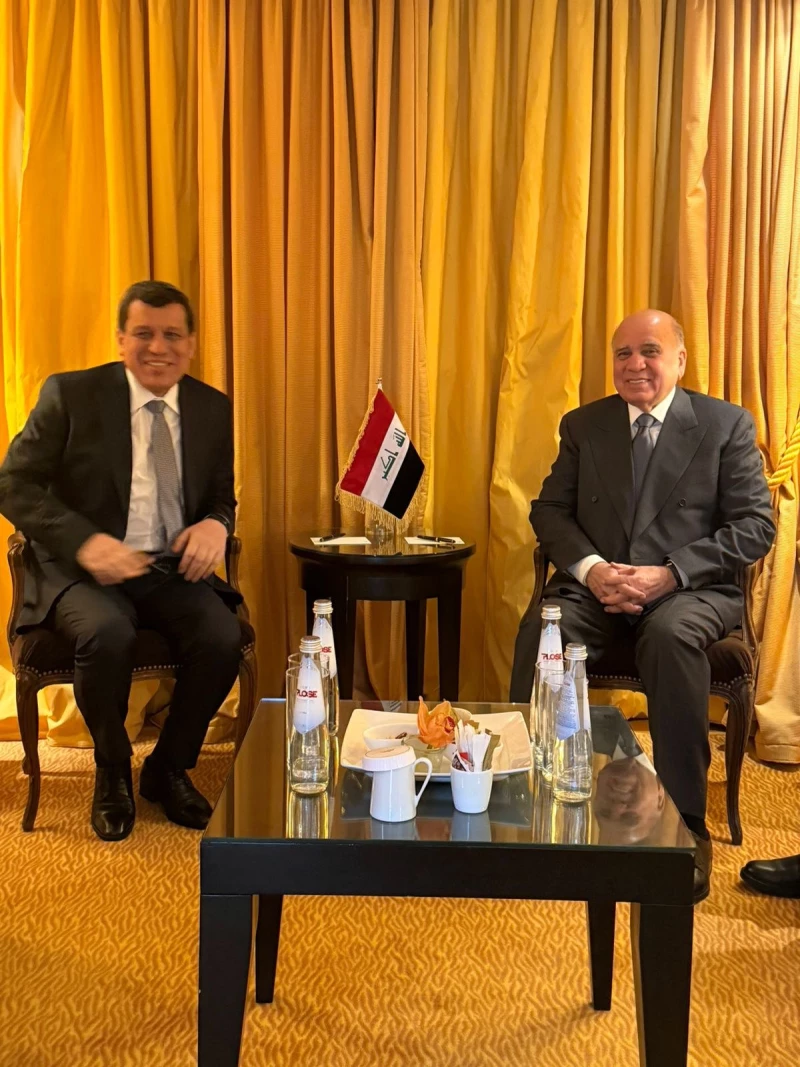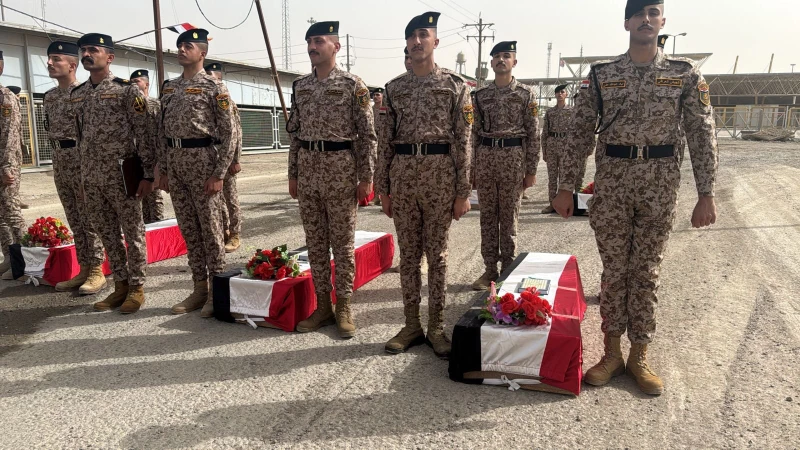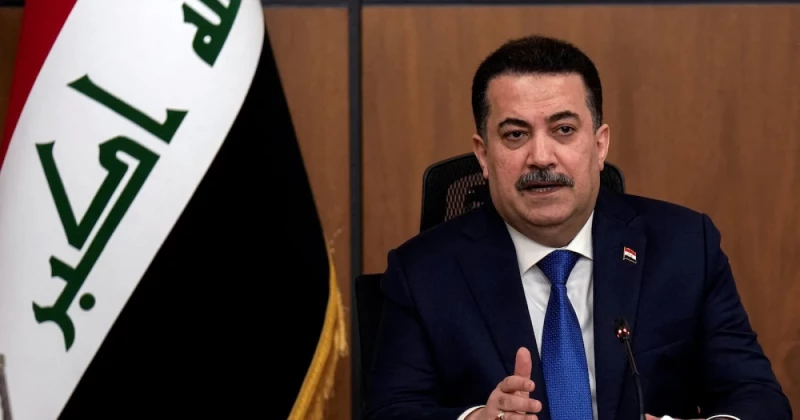ERBIL, Kurdistan Region of Iraq - Iraqi Prime Minister Mohammed Shia’ al-Sudani on Sunday inaugurated construction work on several major development projects in Nineveh province, including the long-delayed construction of the North Thermal Power Plant.
The power plant, part of a framework agreement between Iraq and China, will initially produce 700 megawatts of electricity, with a planned total capacity of 1,400 megawatts. It consists of four generating units, each producing 350 megawatts, with the possibility of expansion to six units, according to a statement from Sudani’s office.
Construction on the plant was first halted in 1990. It resumed in 2000 but was stopped again in 2003, and the facility was later damaged during the Islamic State’s (ISIS) control of Mosul. The Iraqi government recently resumed work on the project.
During his visit to Nineveh, Sudani also launched work on the Nineveh Central Stadium in Mosul’s Bab Sinjar area. The project includes rebuilding the stadium, originally established by Mosul Sports Club, which was destroyed during ISIS’ reign of terror.
The new stadium will have a capacity of 10,000 spectators and include a closed sports hall, modern facilities, and a running track. Funding for the project will come from Nineveh’s regional development budget.
“This is a vital step for supporting the youth and sports sector in Nineveh,” Sudani said during the ceremony.
During his visit, Sudani also followed up on the progress of work at Mosul International Airport. The premier called for opening the airport on June 10, marking the anniversary of ISIS’ occupation of Mosul “as a message of defiance against terrorism.”
Sudani also visited Mosul's ancient Nineveh Wall and inspected its rehabilitation progress.
The restoration of Mosul's ancient Nineveh Wall has reached a milestone with the completion of its 400-meter northwestern section, overseen by the Ministry of Culture and aligned with UNESCO standards. Once destroyed by ISIS during their occupation of Mosul, the wall stands as a significant symbol of the city's Assyrian heritage and cultural identity.



 Facebook
Facebook
 LinkedIn
LinkedIn
 Telegram
Telegram
 X
X


